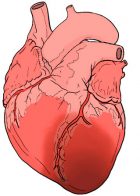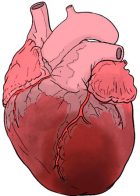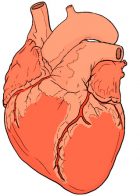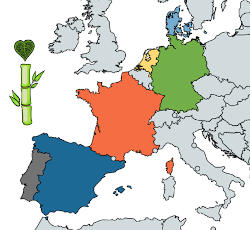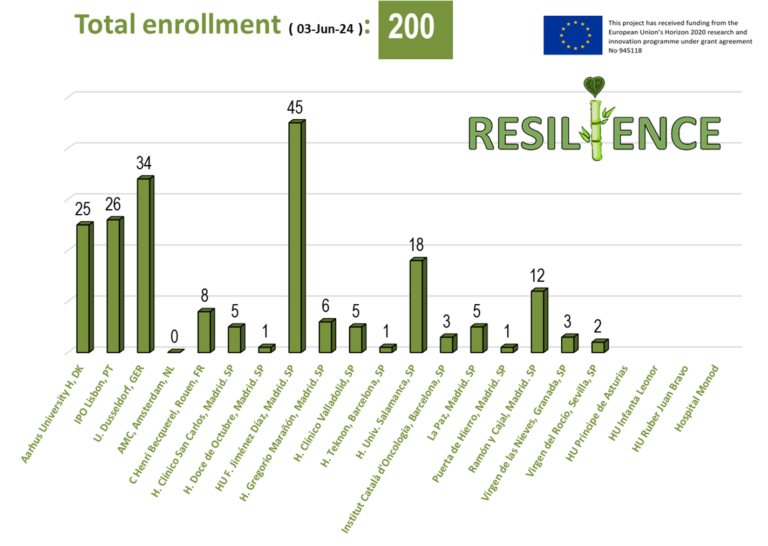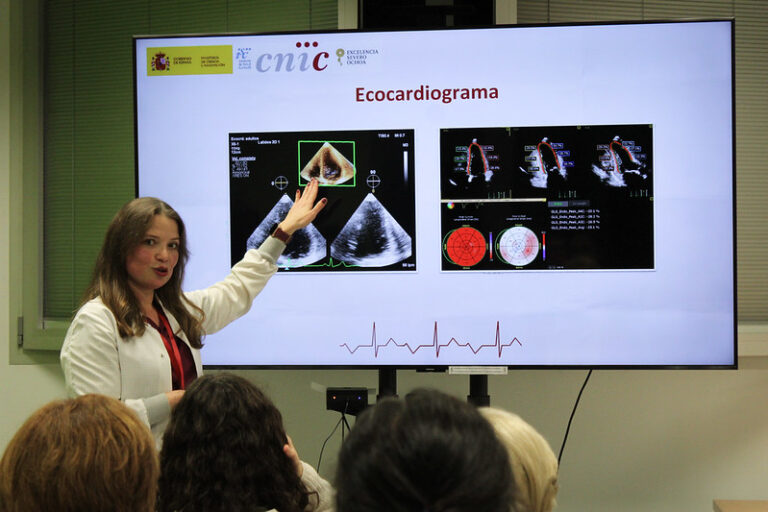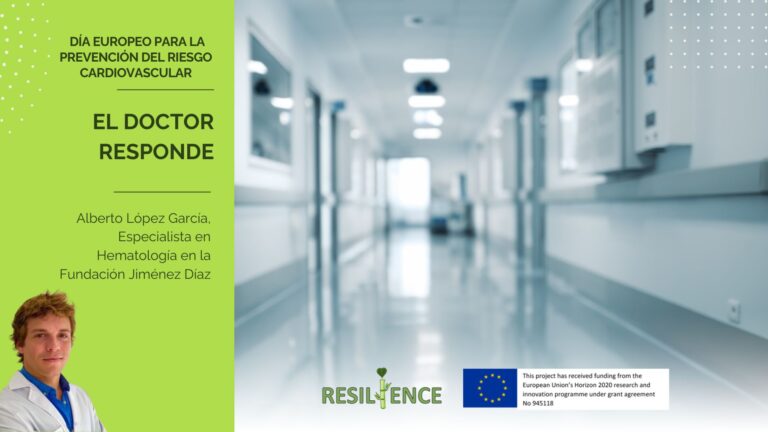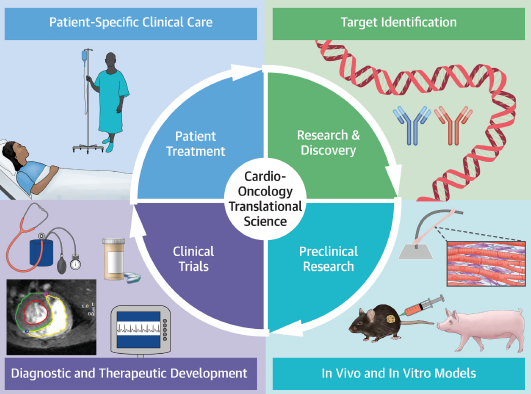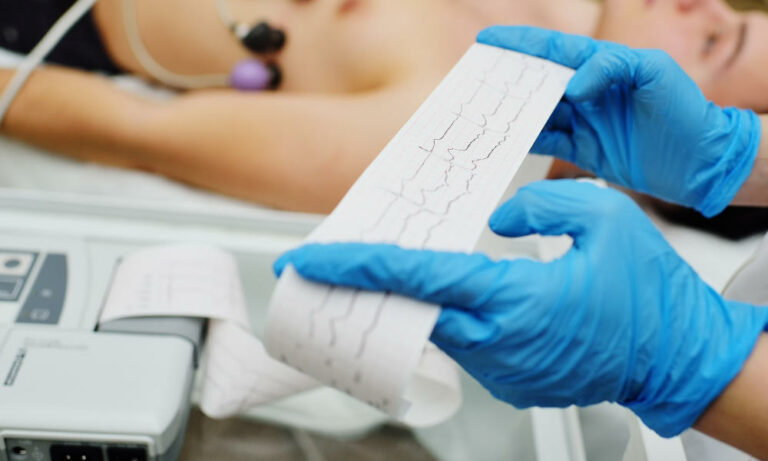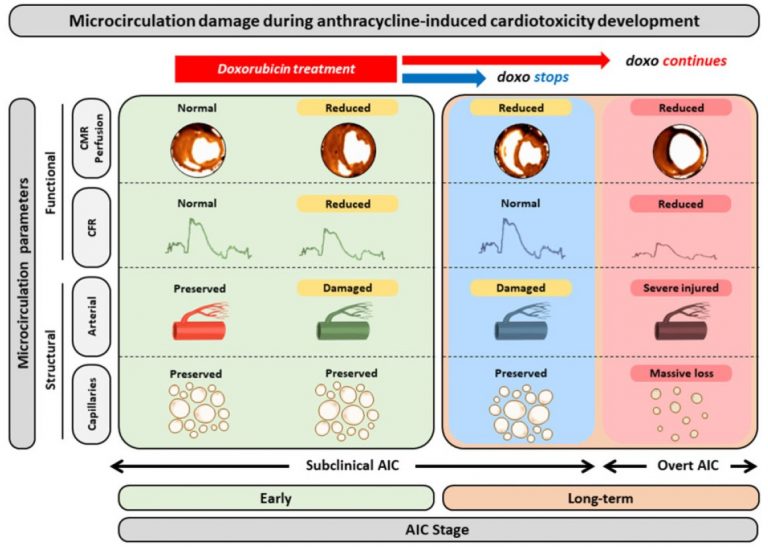We are increasingly aware of the need to eat a balanced diet and follow habits that help us strengthen our health, for this reason, intermittent fasting is a topic currently under the spotlight. Some people defend it for its multiple benefits and others are against its practice, alleging potential health risks if done without the supervision of a professional.
But how does intermittent fasting really influence our health? In this post we will try to answer this question by focusing on the impact of this practice on cardiovascular health.
What is intermittent fasting?
Intermittent fasting consists of modifying the times in which you eat food, establishing a period of time without eating anything, just drinking water, coffee or tea.
Typically, food consumption is limited when sleeping at night, from dinner to breakfast, and with the practice of intermittent fasting this restriction would be extended for 16 hours, that is, by having a dinner earlier or eliminating breakfast. These two types of intermittent fasting are the most common, as it is usually more difficult to skip lunch and reach that number of hours without eating any food.
Intermittent fasting can be adapted to each person, as well as their needs, and is usually used to lose weight or for the benefits it may bring to general health.
What are the benefits of intermittent fasting?
Intermittent fasting has gained advocates in recent years for the multiple benefits it brings to our health, if done correctly. Some of these benefits are:
- Helps losing weight and therefore is associated with the prevention of cardiovascular, neurological and oncological diseases. By maintaining a healthy weight, we reduce the chances of suffering from obesity, diabetes or hypertension, all of which are risk factors for cardiovascular diseases.
- It has an anti-inflammatory effect and increases resistance to stress and oxidation, thus protecting us from various chronic and heart diseases.
- Improves insulin sensitivity, especially if its practice is combined with exercise to promote fat burning.
- Contributes to the body’s regeneration process and helps anti-aging.
Intermittent fasting is not only based on limiting food intake for a certain period of hours, it is also based on the intake intervals following a balanced diet, without ultra-processed foods, which has a very positive impact on the prevention of cardiovascular diseases and cancer.
During the intervals that you do not eat, the body experiences an activation of its own mechanisms to obtain cellular energy. These mechanisms are dormant when you follow a normal dietary pattern, 3-5 meals a day, and to activate them you need at least 8-12 hours on an empty stomach.
Can intermittent fasting harm my health?
Recently, some media published the results of a study presented by the American Heart Association (AHA) at its Epi Lifestyle Congress held in Chicago in March of this year, where it was reported that intermittent fasting could increase the risk of cardiovascular diseases.
Is it true then that intermittent fasting is not beneficial? Doctor Borja Ibáñez, Director of Clinical Research at the CNIC and coordinator of our RESILIENCE project, tells us that “The alarm that may be generated with the results of this work does not seem justified, since the methodology is quite questionable, it has not been evaluated by other scientists and there is a high possibility that there are many biases and that the subjects who ate or did intermittent fasting were sick and that was the reason why they only ate for 8 hours a day”.
The question is: yes or no to intermittent fasting?
After reading the benefits that we have told you, you will wonder to what extent it is advisable to practice it or not when there are detractors of it and possible disadvantages in its practice.
And, as with other diets, it is recommended that before starting intermittent fasting you consult with a specialist to assess whether you meet the necessary requirements, appropriately adapt your eating and fasting intervals, and tell you which foods you should eat, include and avoid.
It is also very important that the specialist monitors you to assess the effectiveness of this fasting on you, the results obtained and check if there are any adverse warning effects.
However, when you start a diet of this type without the help of a professional, you can make mistakes such as following an inadequate diet or carrying out uncontrolled fasting intervals, which will end up harming your health.

